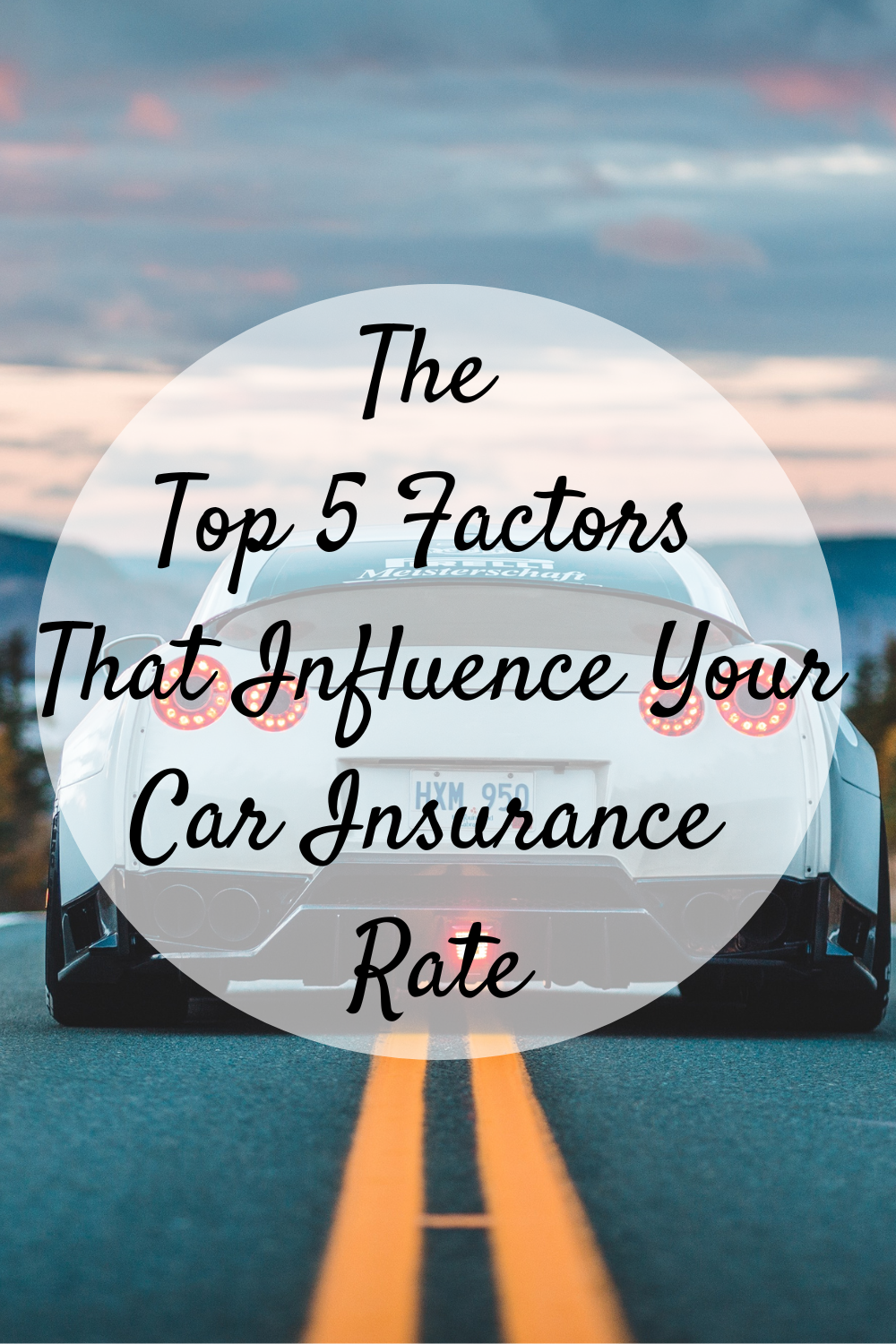
Car insurance – just hearing those words might make you want to sigh deeply, right? But what if understanding it better could save you some money?
Let’s break it down, because knowing what goes into calculating your car insurance rate can be a game-changer.
1. Your Driving Record – Your History Speaks Volumes
Let’s start with the most obvious factor: your driving record. If you’ve been cruising along without so much as a parking ticket, you’re likely in a good spot. Insurers love a clean record because it shows you’re less of a risk. But, if you’ve had a few bumps along the way—speeding tickets, accidents, or any other traffic violations—you’ll see that reflected in your premium.
Why it matters: Insurers are betting on you. If you’ve shown a history of risky behavior behind the wheel, they’re going to charge you more to cover the potential cost of future claims. On the flip side, a spotless record might even earn you a discount.
2. Your Age and Experience – Wisdom Comes With Age… and Savings
Age isn’t just a number when it comes to car insurance quotes in Dubai or elsewhere. It’s one of the key factors insurers consider. Generally, younger drivers—especially those under 25—tend to pay more. Why? It’s all about experience and, statistically, younger drivers are more likely to be involved in accidents.
Experience matters too: Even if you’re older, if you’re a new driver, you might find your rates are higher until you’ve got a few years of experience under your belt. Conversely, as you gain more experience and keep a clean record, your rates should decrease.
Pro tip: If you’re a young driver, maintaining a clean record, taking defensive driving courses, or even being added to a family policy could help lower your rate.
3. The Type of Car You Drive – Not All Cars Are Created Equal
The car you choose to drive has a big impact on your insurance rate. A sleek sports car might turn heads, but it’s also going to turn up the cost of your insurance. On the other hand, a safe, reliable sedan is likely to cost you less to insure.
Why this happens: High-performance cars are often driven faster and can be more expensive to repair or replace. Additionally, cars with higher theft rates or more expensive parts also push up insurance costs. Insurers look at the make, model, age, and even the engine size of your car when calculating your premium.
Thinking ahead: If you’re car shopping, it’s worth considering how your choice will affect your insurance. A little research might save you a lot of money down the road.
4. Where You Live – Location, Location, Location
Your address isn’t just where you receive your mail; it also plays a significant role in determining your car insurance rate. If you live in an area with high traffic, high crime rates, or a high incidence of accidents, you can expect to pay more.
City vs. countryside: Urban areas typically see higher rates than rural ones due to more traffic, more accidents, and higher rates of car theft or vandalism. Conversely, if you live in a quiet, low-crime area, your rates could be lower.
Parking matters too: Where you park your car at night can influence your rate. Parking in a secure garage is often cheaper than parking on the street.
5. Your Credit History – Financial Responsibility Counts
Here’s a factor that might surprise you: your credit history. Insurers often use your credit score as a predictor of risk. Statistically, drivers with better credit scores tend to file fewer claims, and when they do, the claims are generally less costly.
How it works: If you’ve got a solid credit score, you’re seen as financially responsible, which could lead to a lower premium. On the other hand, a poor credit score might signal higher risk, leading to higher rates.
Improve your score, lower your rate: Keeping an eye on your credit report and working to improve your score can have a positive impact not just on your loans or credit cards, but on your car insurance as well.
A Few More Tidbits to Keep in Mind
While those are the top five factors, there are a few other things that can also influence your rate:
- Mileage – The more you drive, the more at risk you are for an accident. Low-mileage drivers often pay less.
- Marital status – Married drivers statistically file fewer claims, and some insurers offer lower rates for married couples.
- Coverage and deductibles – The more coverage you choose and the lower your deductibles, the more you’ll pay. However, you get what you pay for, so finding the right balance is key.
Putting It All Together
Understanding what goes into calculating your car insurance rate isn’t just about satisfying your curiosity—it’s about taking control of your finances. By knowing the factors that influence your rate, you can make informed decisions that could lead to significant savings.
So, the next time your insurance bill arrives, you won’t be left scratching your head. You’ll know exactly why you’re paying what you’re paying and, more importantly, what you can do to potentially lower it.





